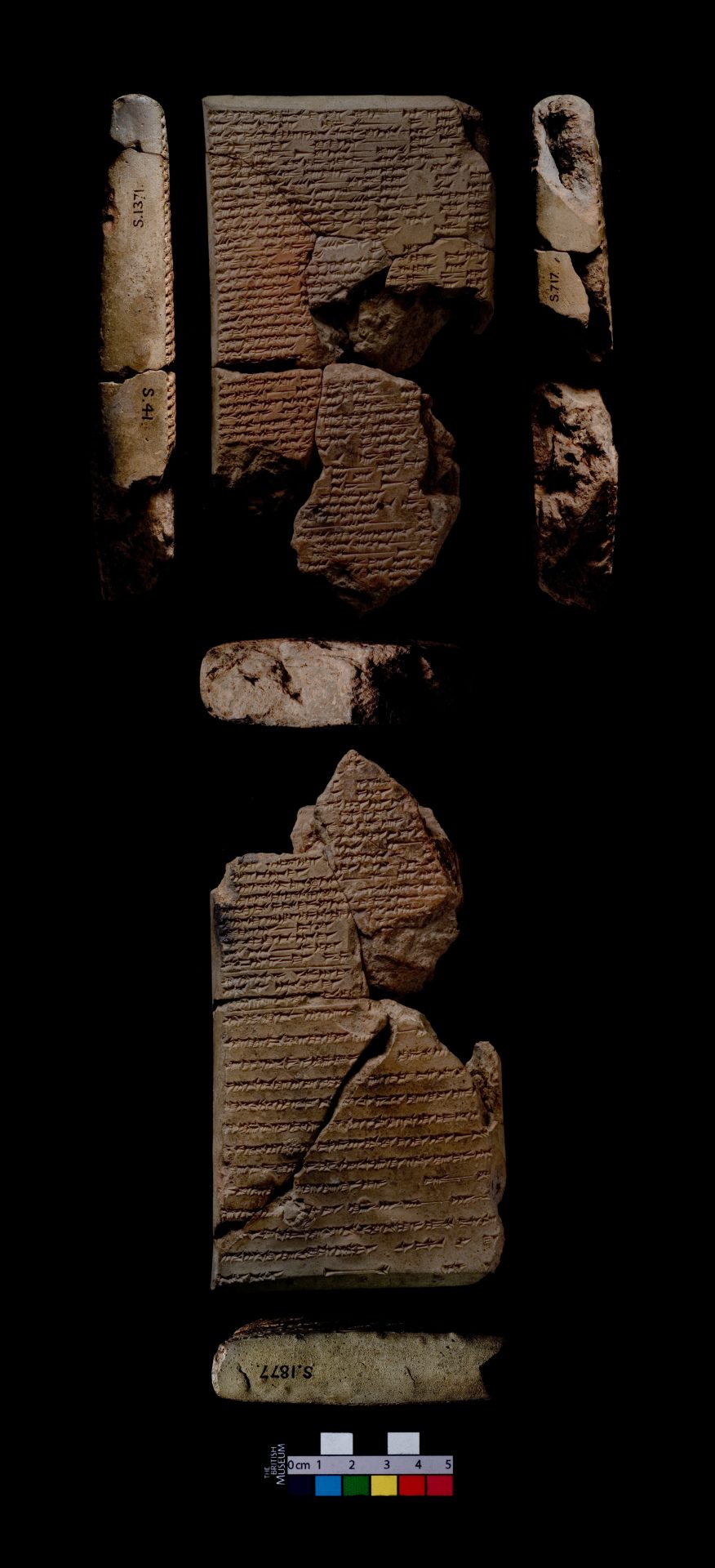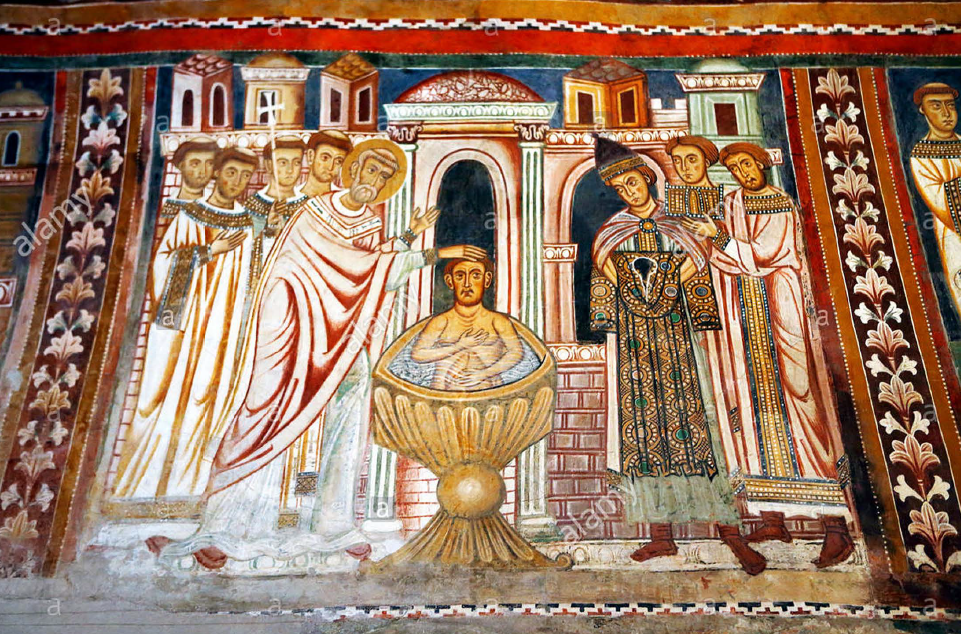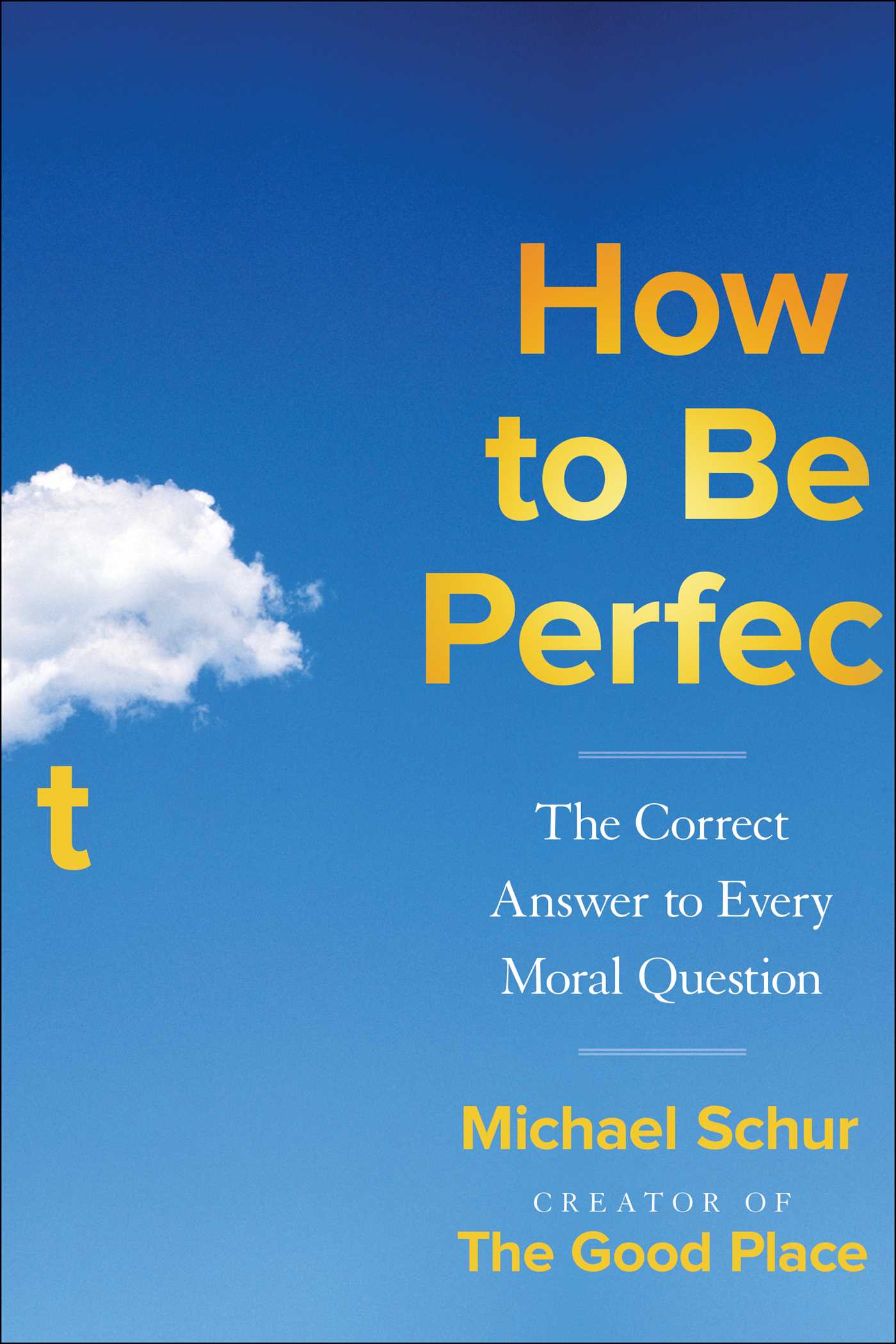To Appeal to the Judge of the Netherworld: the Role of Literary Figures in Mesopotamian Incantations
314 Royce HallMesopotamian incantations were, at their core, practical texts with specific purposes, whether that was the protection of a dwelling from future threats or driving out a malevolent demonic force afflicting...
The Constantinian Compromise: Senators, Bishops and the Emperor in Late Antique Rome
Given the historic role played by the victorious Constantine in spreading Christianity, it is ironic that senatorial aristocrats were more cooperative with Constantine than were the early fourth-century bishops of...
“Surely There is No Fear of God in This Place” – The Biblical Plagues and OUR Plague: An Anthropocentric “Theology” and a Lesson for Our Times
**Please note this talk has been postponed to Wednesday, December 1 at 12pm via Zoom** The onset of the coronavirus brought with it a slew of perverse efforts...
Black and White Color Symbolism in Early Christian Apocalyptic Literature
ZoomReconciling the modern categories of race, ethnicity, and religion with ancient examples of identity formation continues to befuddle historians of antiquity. This problem of fusing disparate ancient and modern conceptual categories has been particularly acute for historians of early Christianity. This paper investigates the color symbolism employed in early Christian apocalyptic literature and demonstrate the...
Caste Marketing: How Hindu Rituals Sell Brahminical Supremacy
Zoom"Caste marketing" can be understood in several ways: a description of how companies market products based on a caste profile of their users or “caste” groups as targeted market. This lecture will focus on the latter and delve into the ways Hindu ritual websites embed savarna (dominant-caste) focused terms, symbols, deities, rituals, and ideas into...
Hearing the Listeners: Jain Perspectives from India’s Islamic Past. A Conversation with Steven M. Vose and Audrey Truschke, moderated by Alka Patel
ZoomPerhaps uniquely in South Asia, Jains wrote voluminously about their interactions with Muslim rulers from the Delhi Sultanate to the Mughal Empire. Their writings present us with unparalleled views of these rulers and the social, cultural, and religious transformations taking place throughout the 13th to 17th centuries. This period of history is hotly contested today,...
The Jewish Discovery of Islam Revisited
Haines 39/ZoomFrom the oldest European Christian engagements with the Qur’an in the Middle Ages through the advent of modern academic approaches to the Muslim scripture, scholars have frequently seen qur’anic narratives...
Study of Religion: Spring Snack Social
Kaplan 365A Conversation with Michael Schur
314 Royce HallMichael Schur is a television producer, writer, actor and author of How to be Perfect: The Correct Answer to Every Moral Questions. With Pamela Hieronymi, Professor at UCLA Department of Philosophy, this conversation with explore the role of religion in contemplating moral and ethical decision-making. HOW TO BE PERFECT: The Correct Answer to Every Moral...
Do Robots Have Souls? Intelligent Machines, Digital Humans, and the Future of Technology
ZoomIn this lecture, Sylvester A. Johnson interprets the work of Ibn Rushd (“Averroës"), the twelfth-century Islamic scholar of Andalusia who achieved renown as the ‘father’ of secularism, in order to elucidate Ibn Rushd’s theory of the intellect as a power of the soul. Johnson leverages Rushd’s distinction between sensing and knowing in order to examine...





